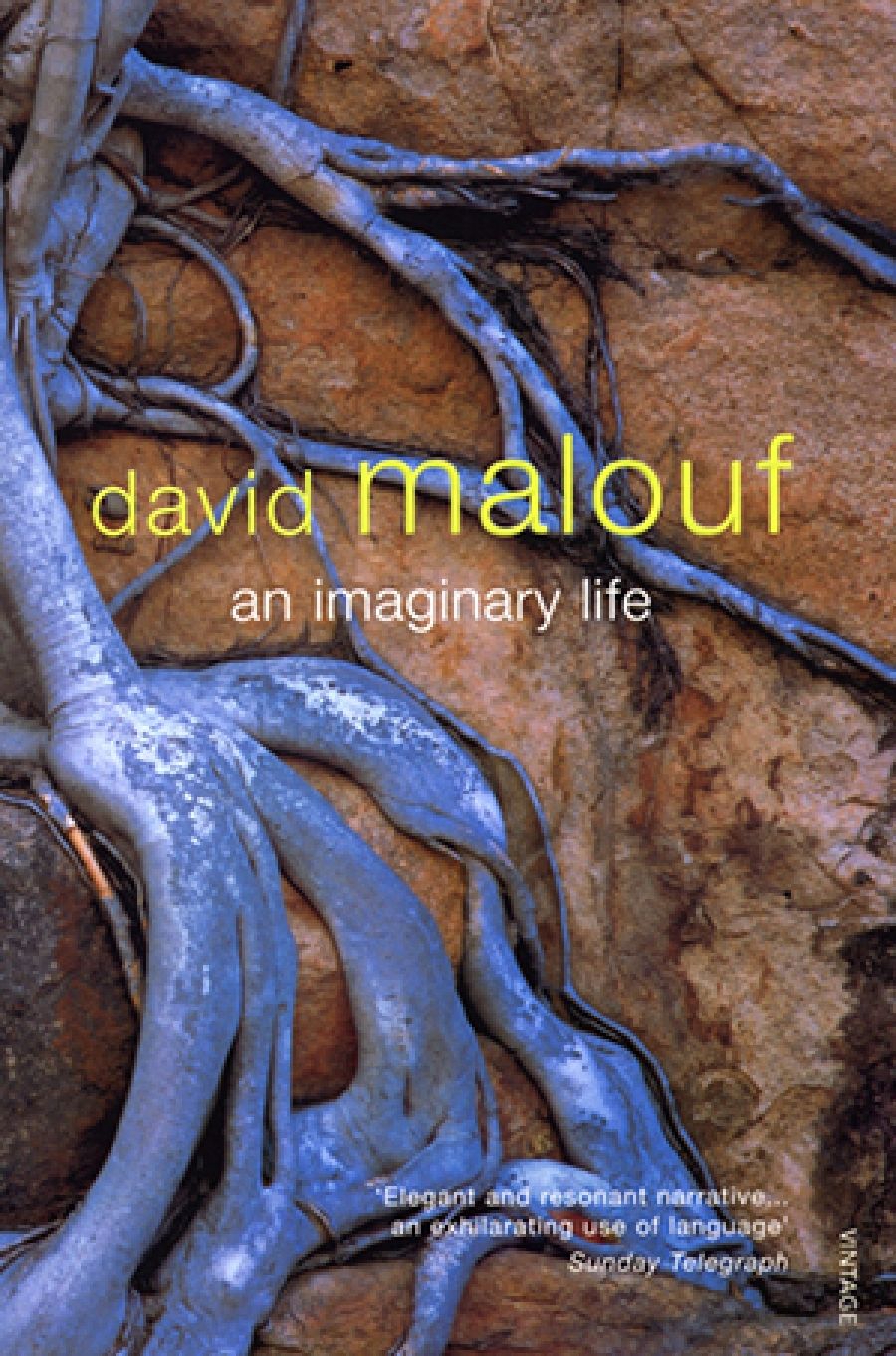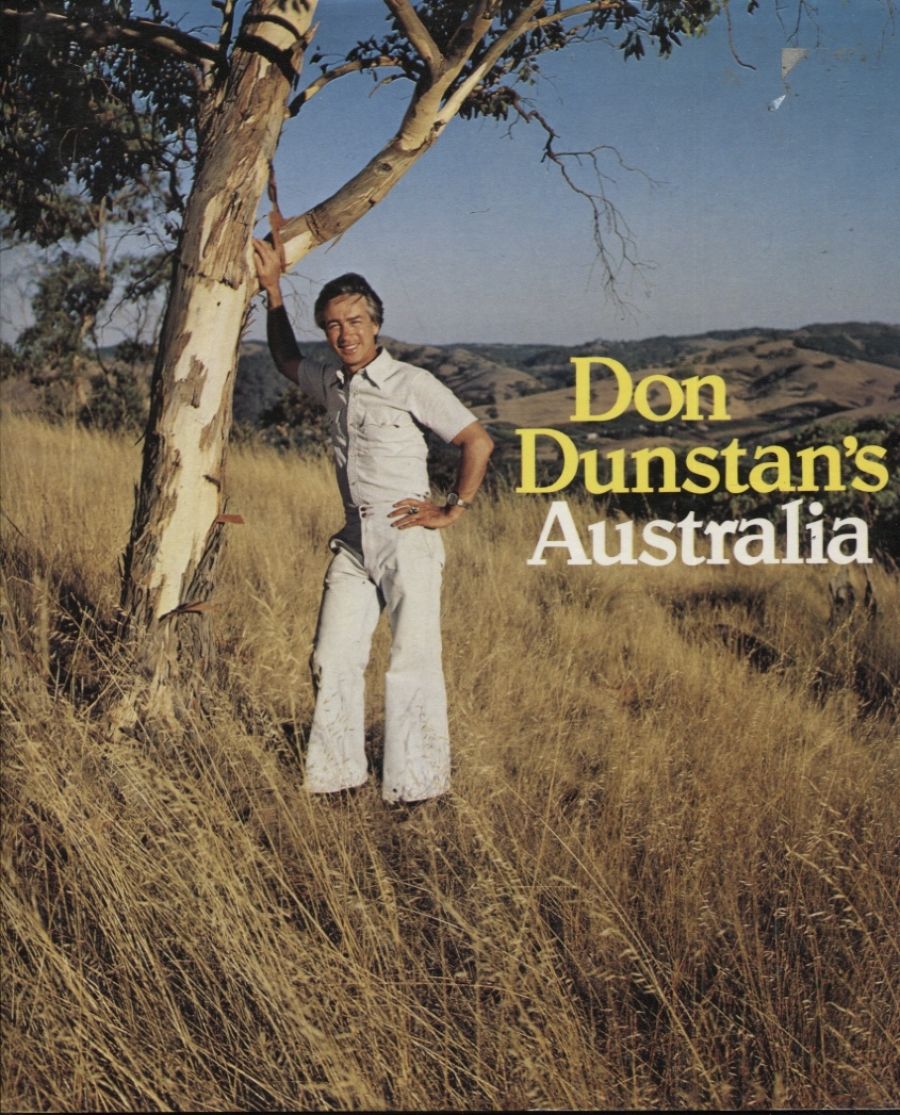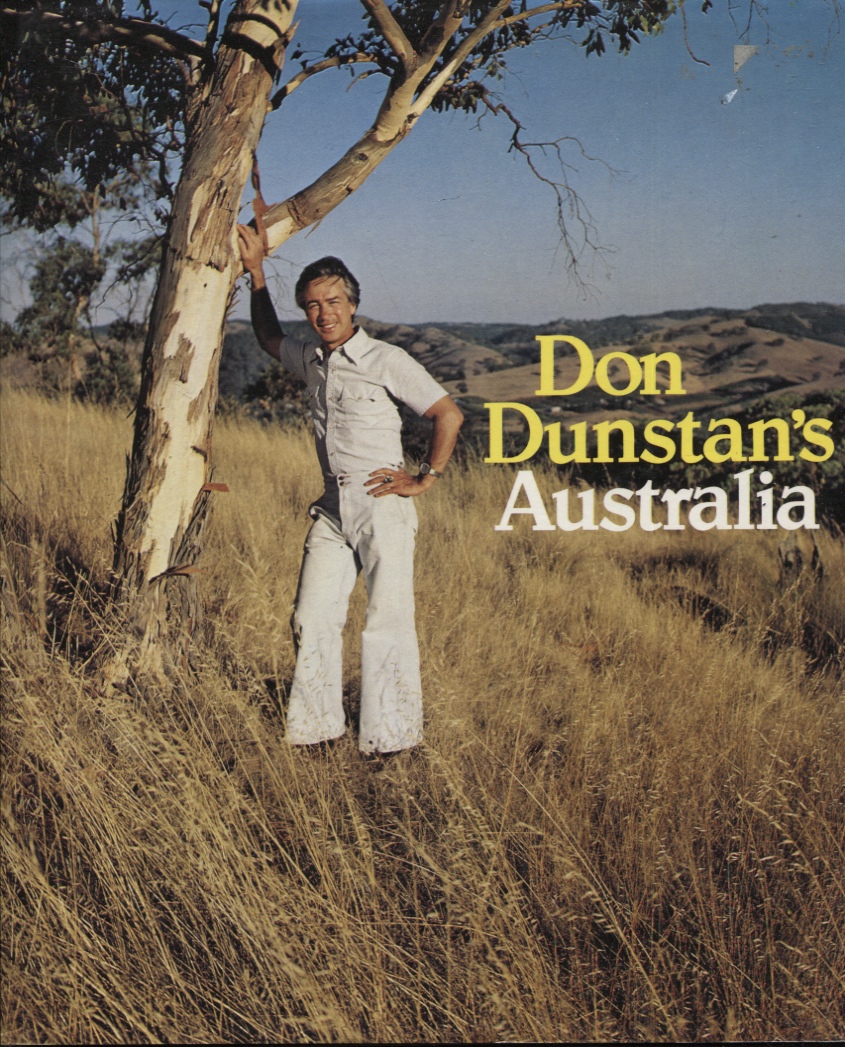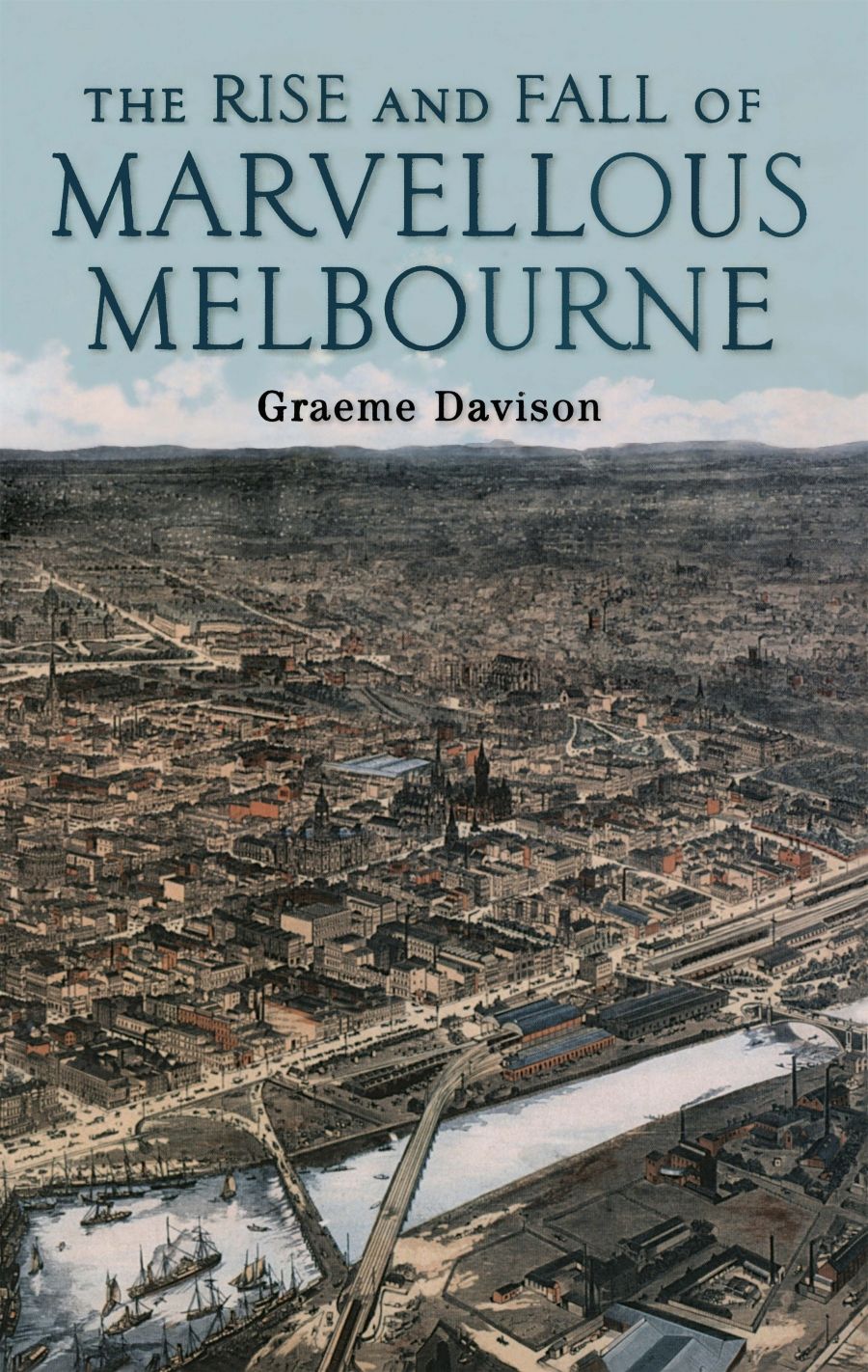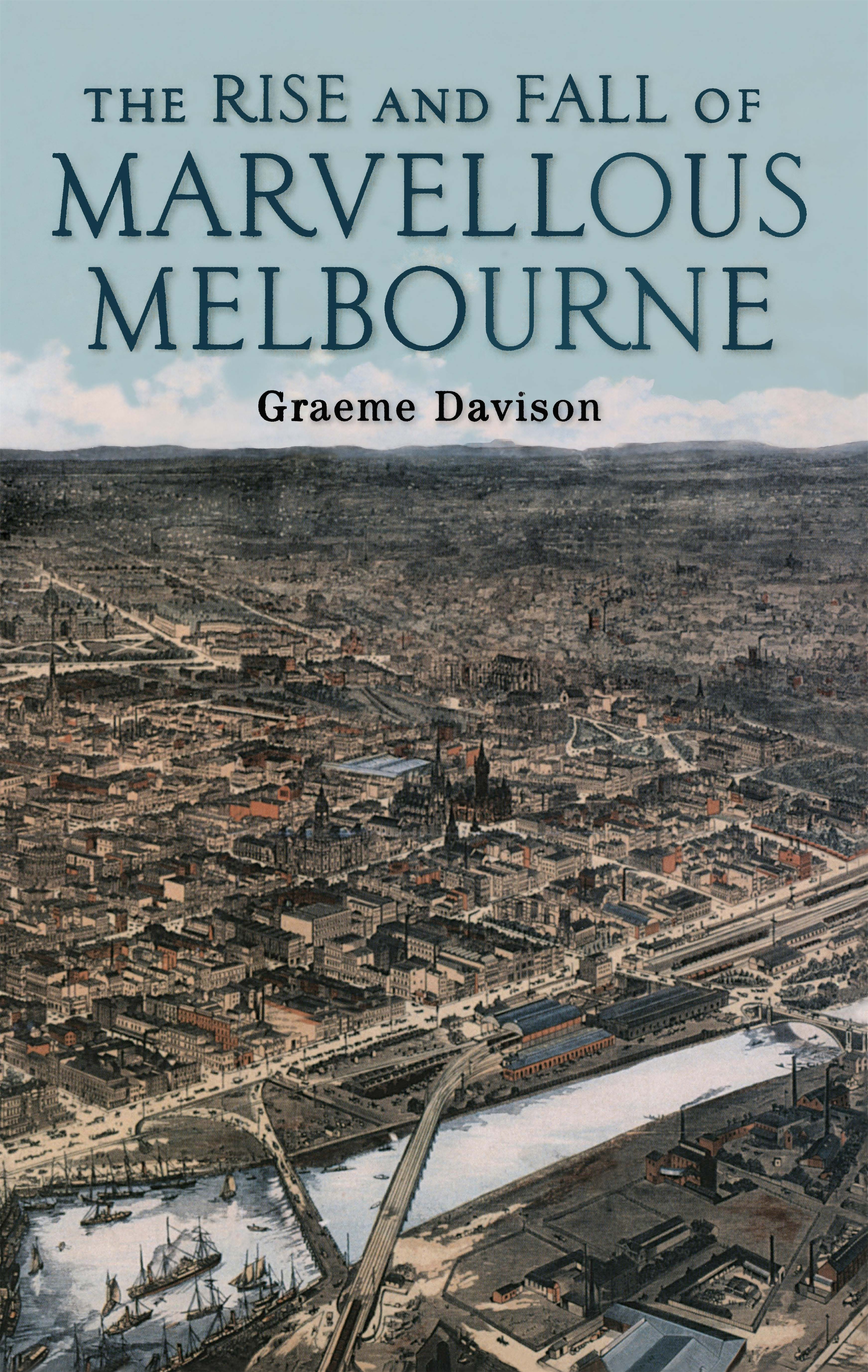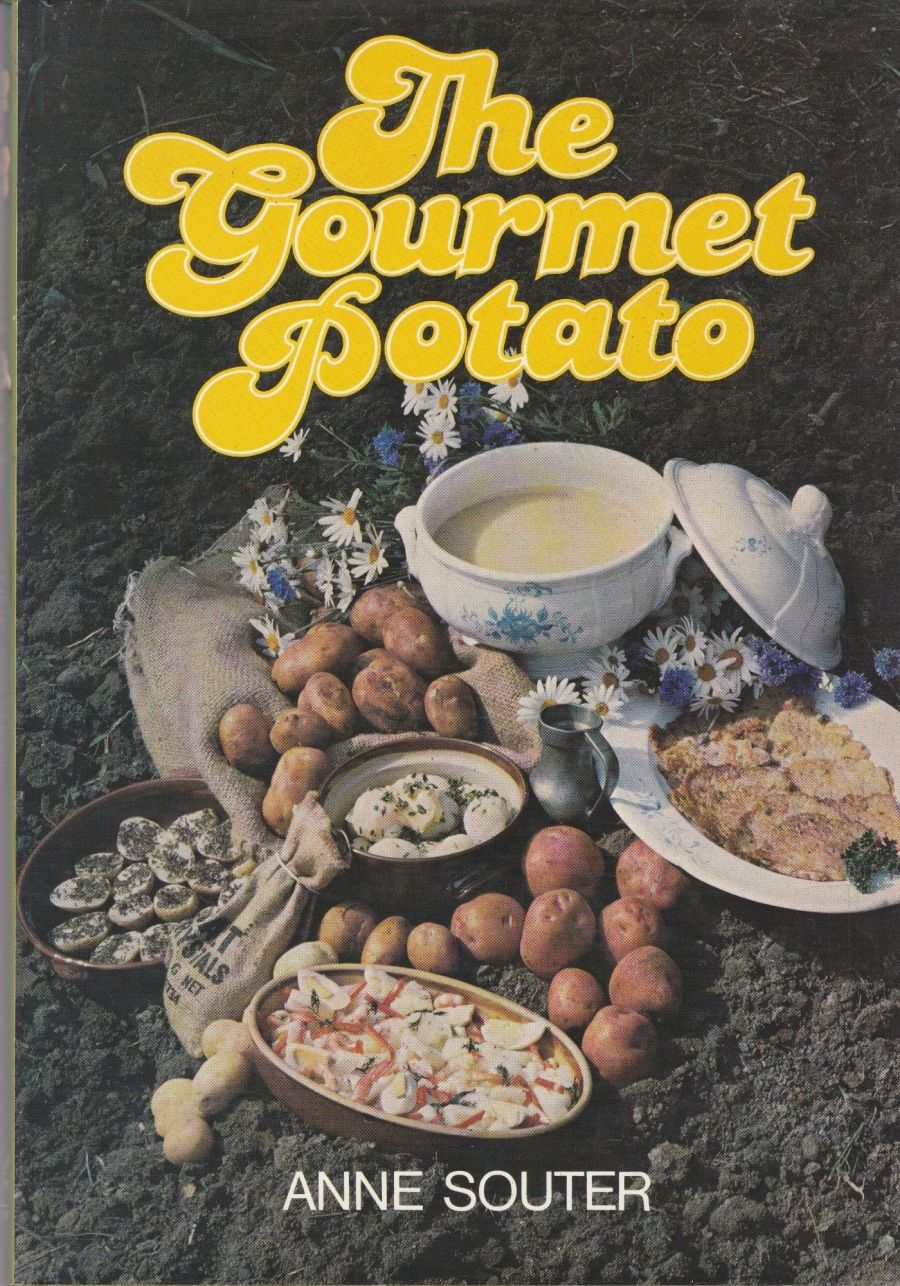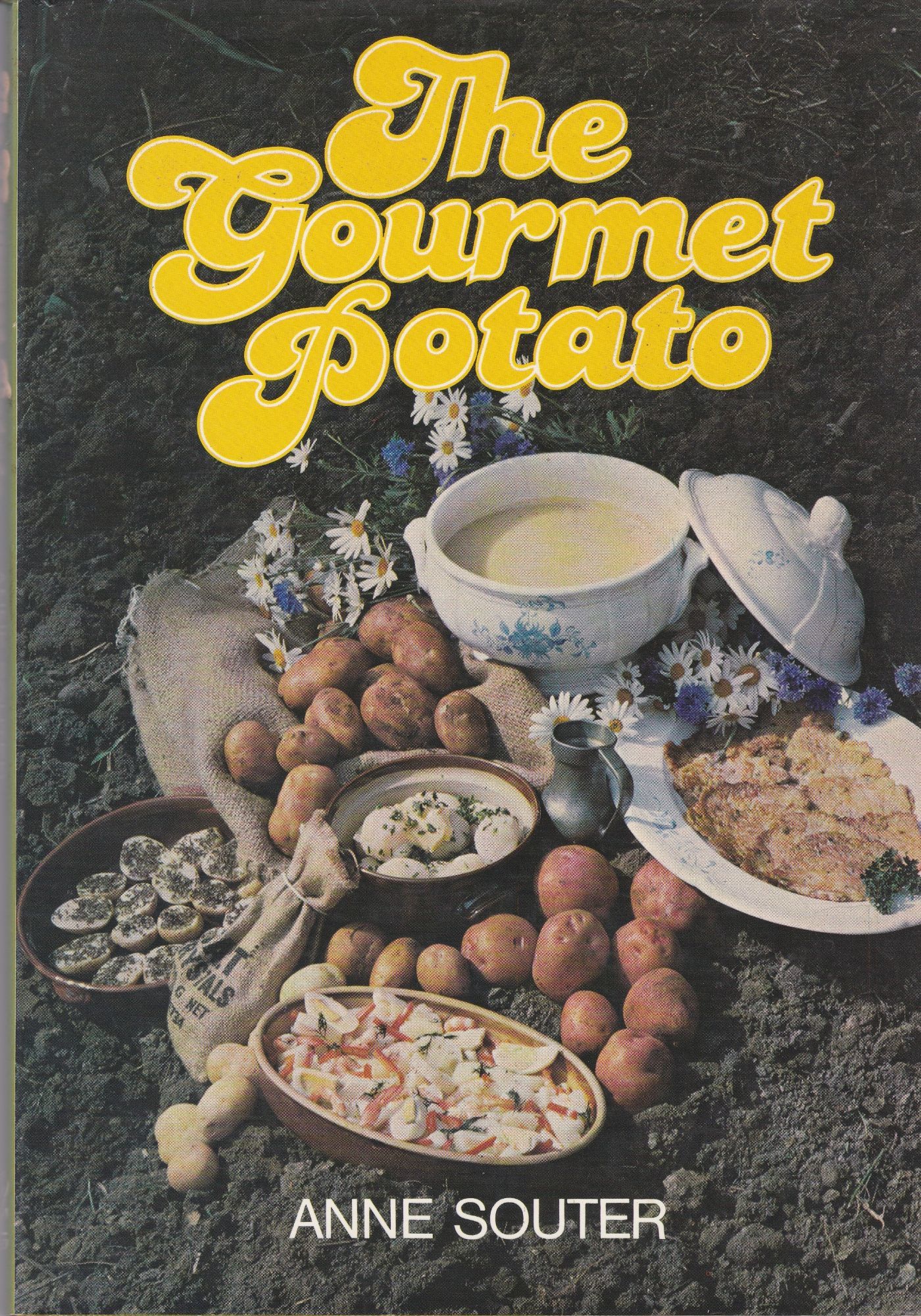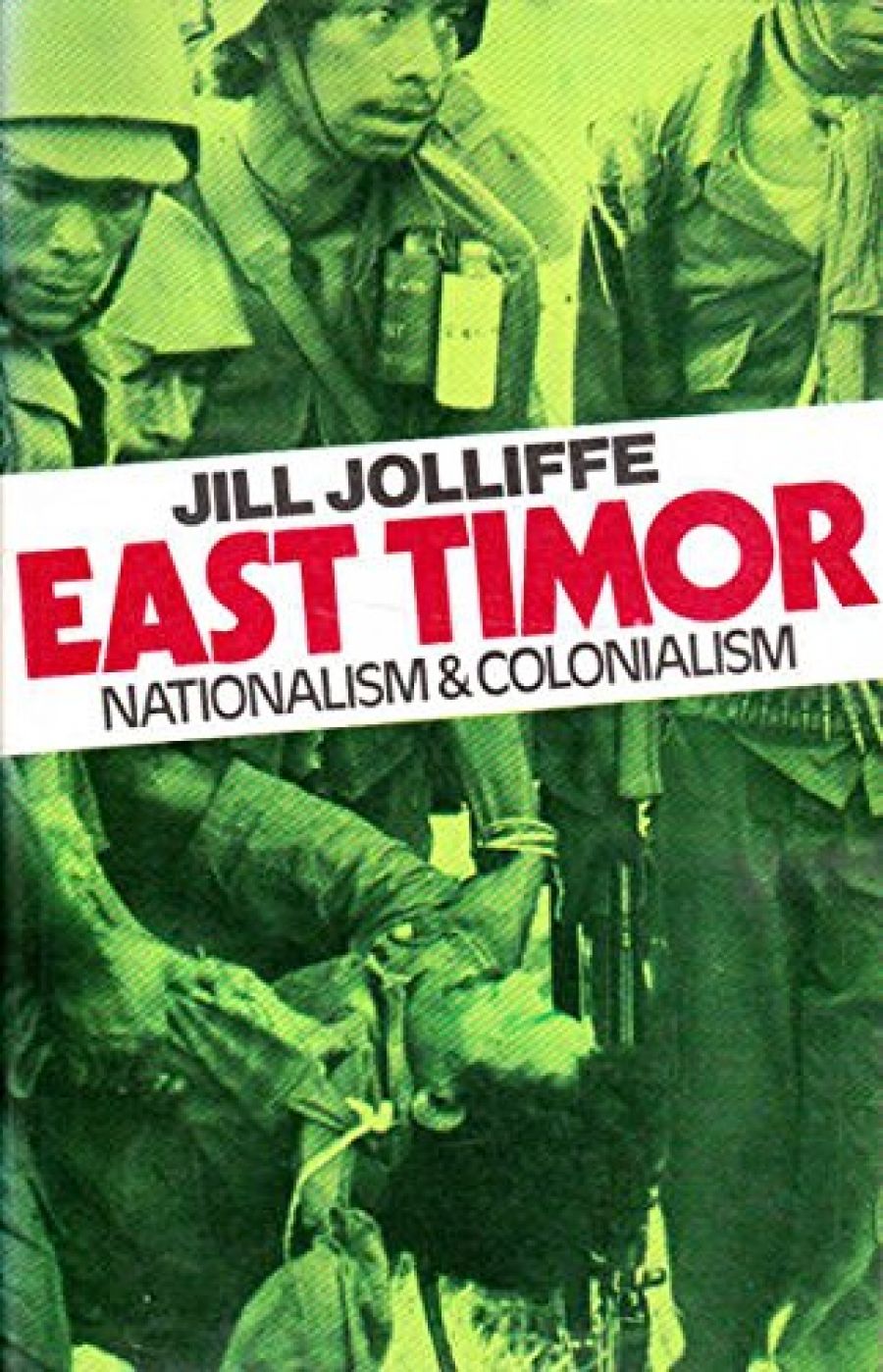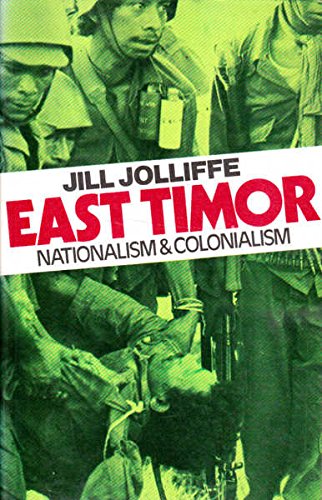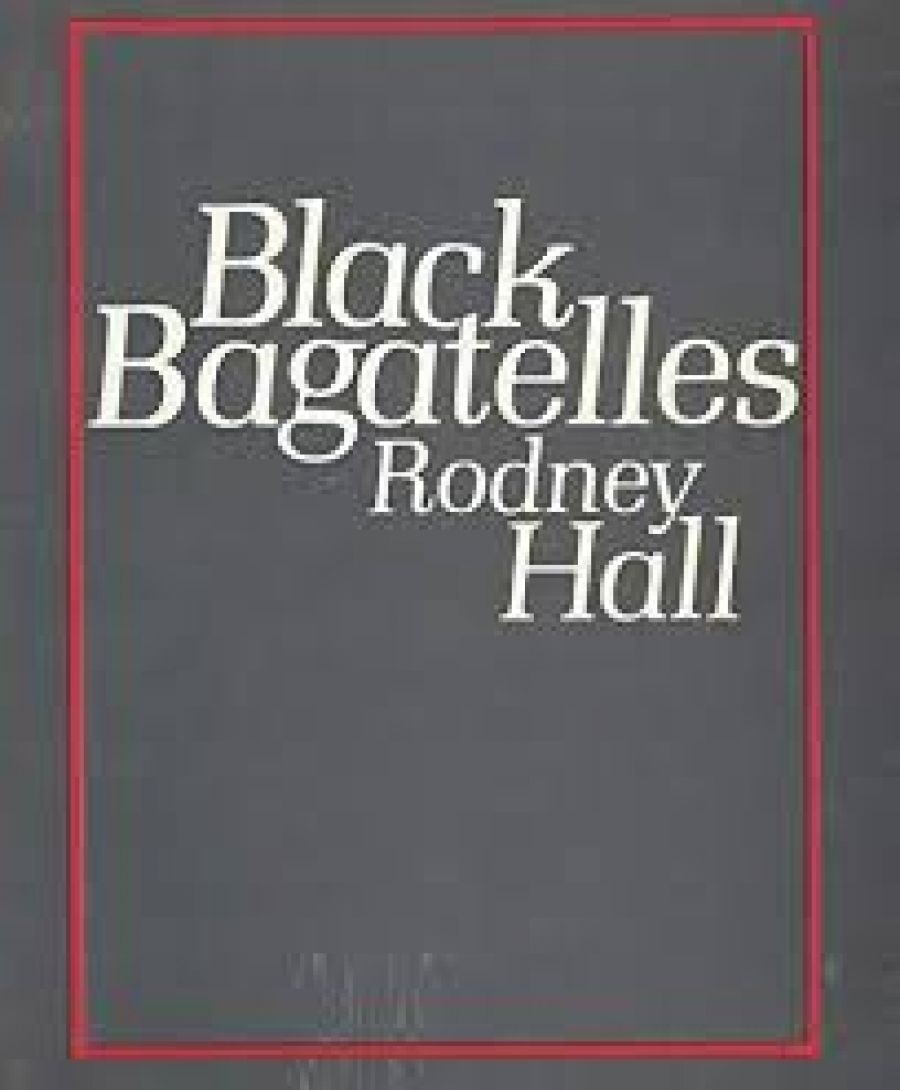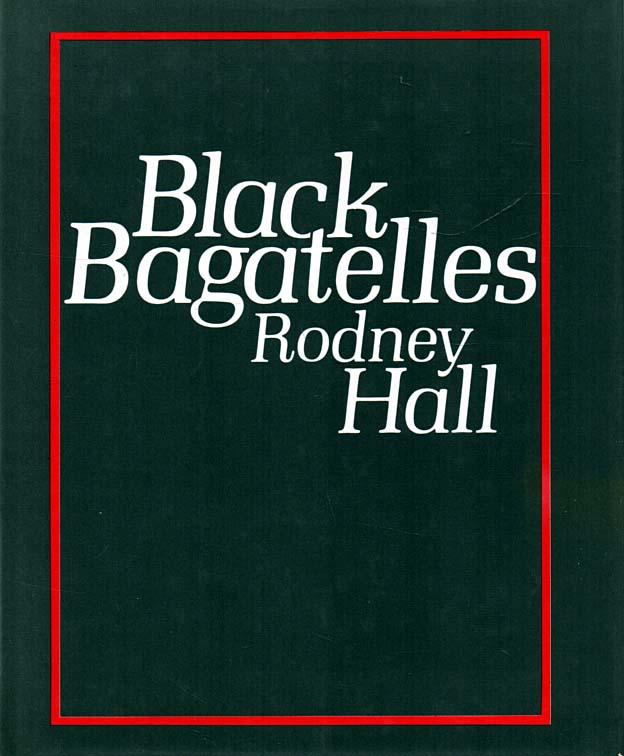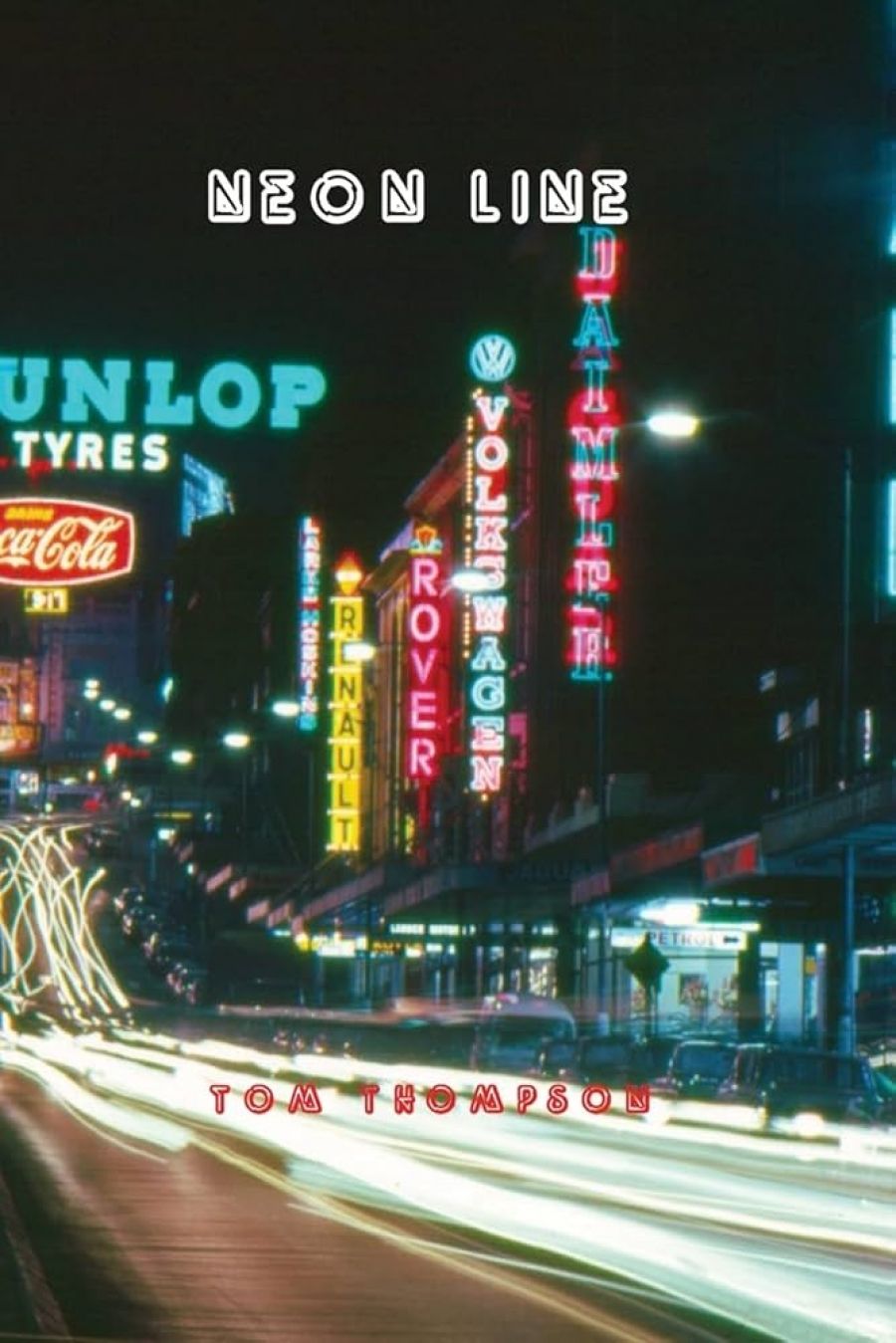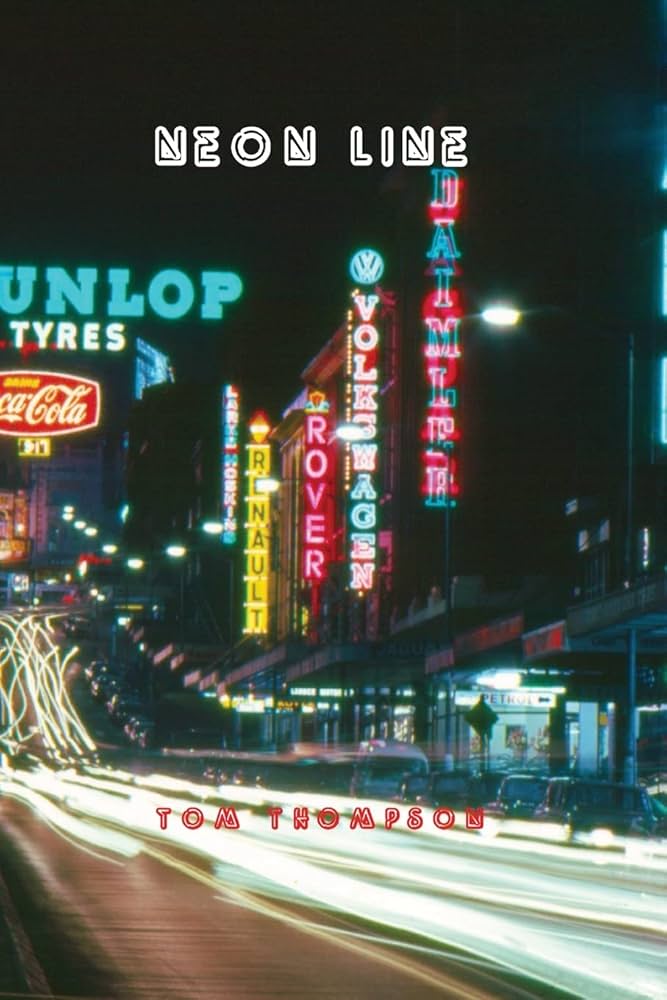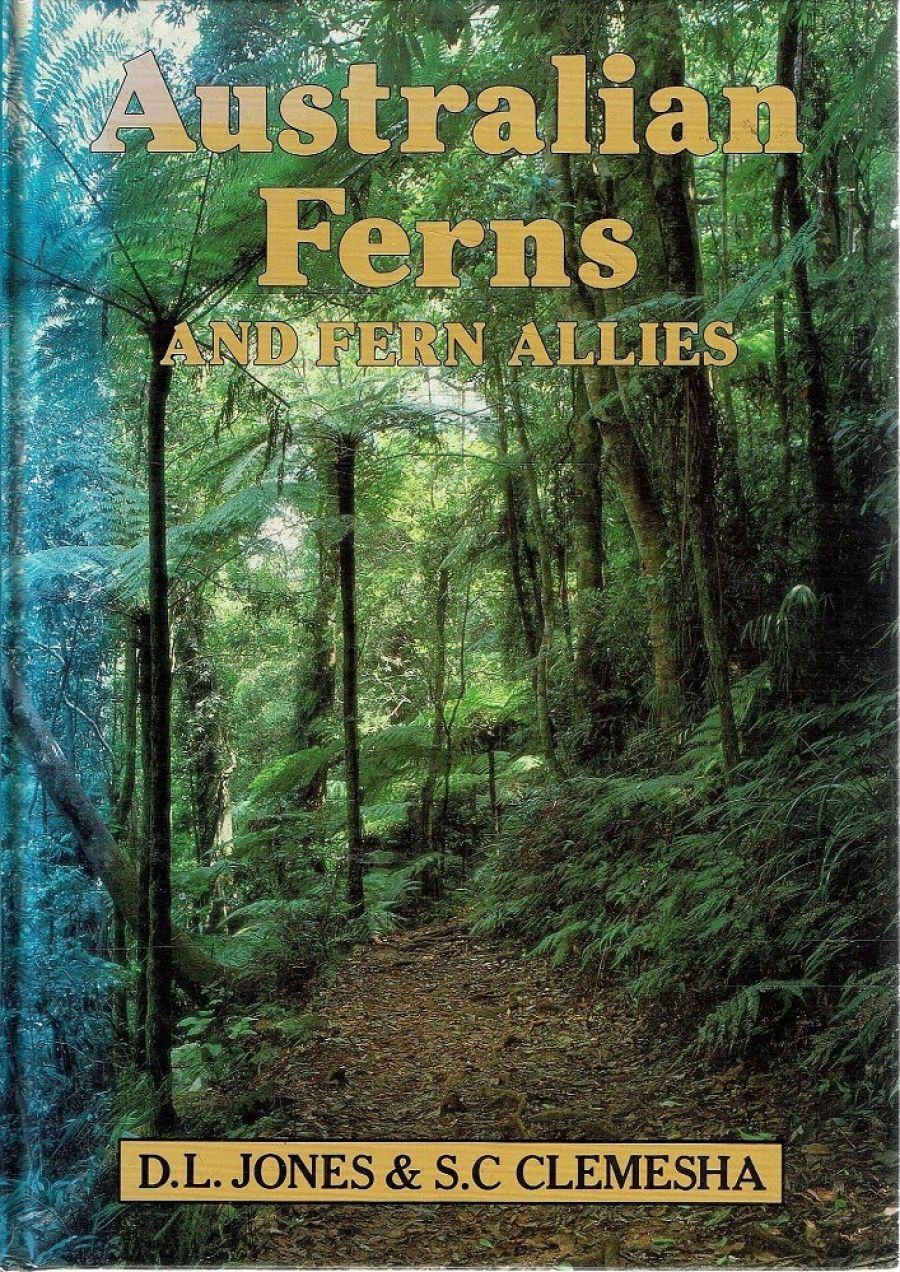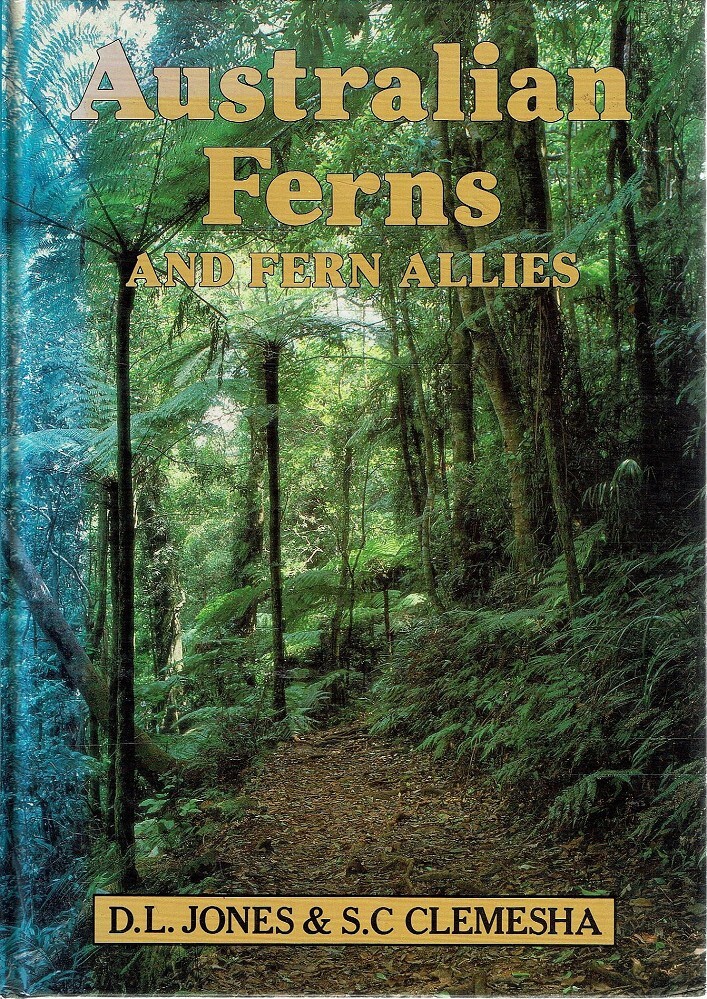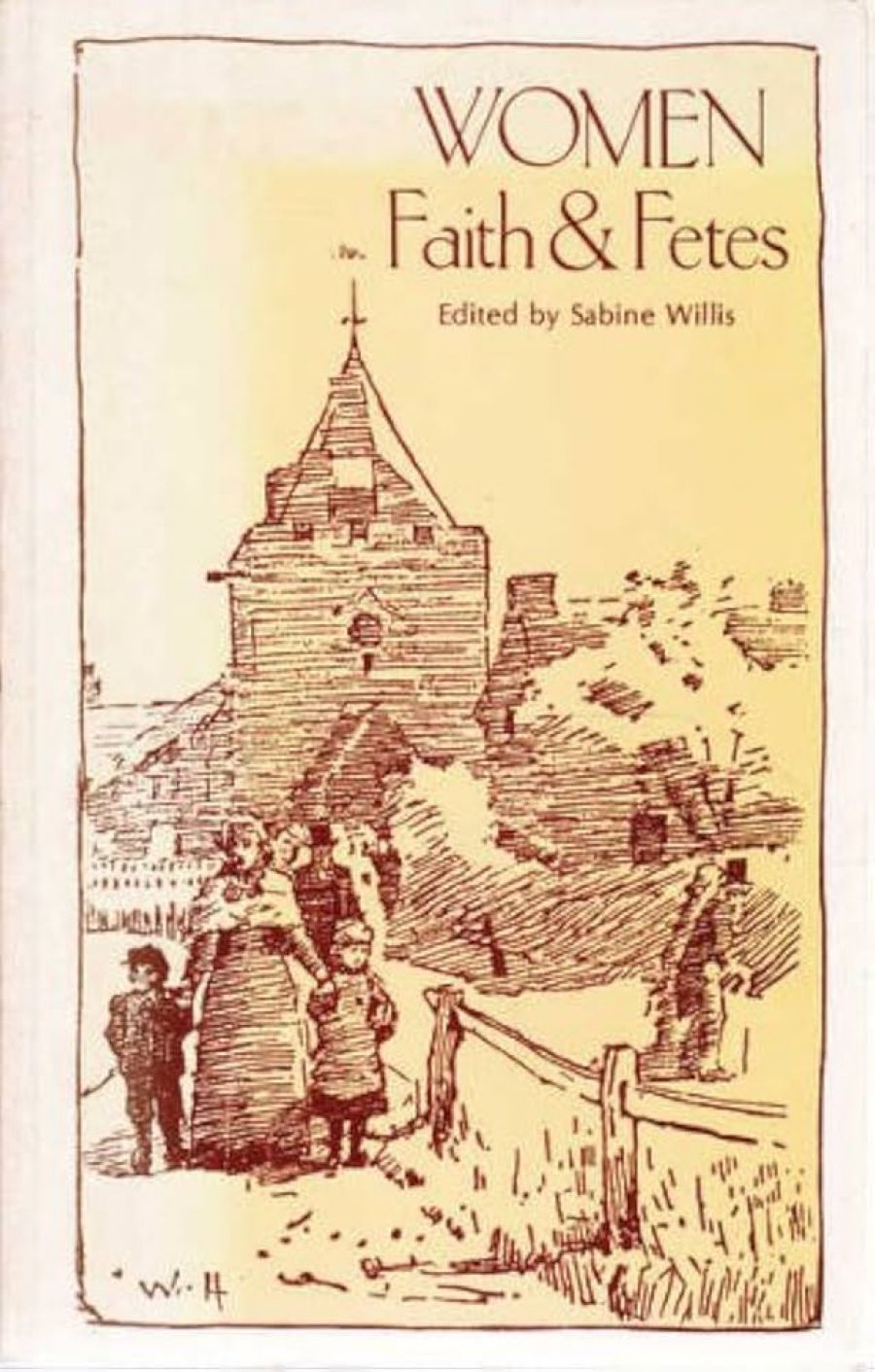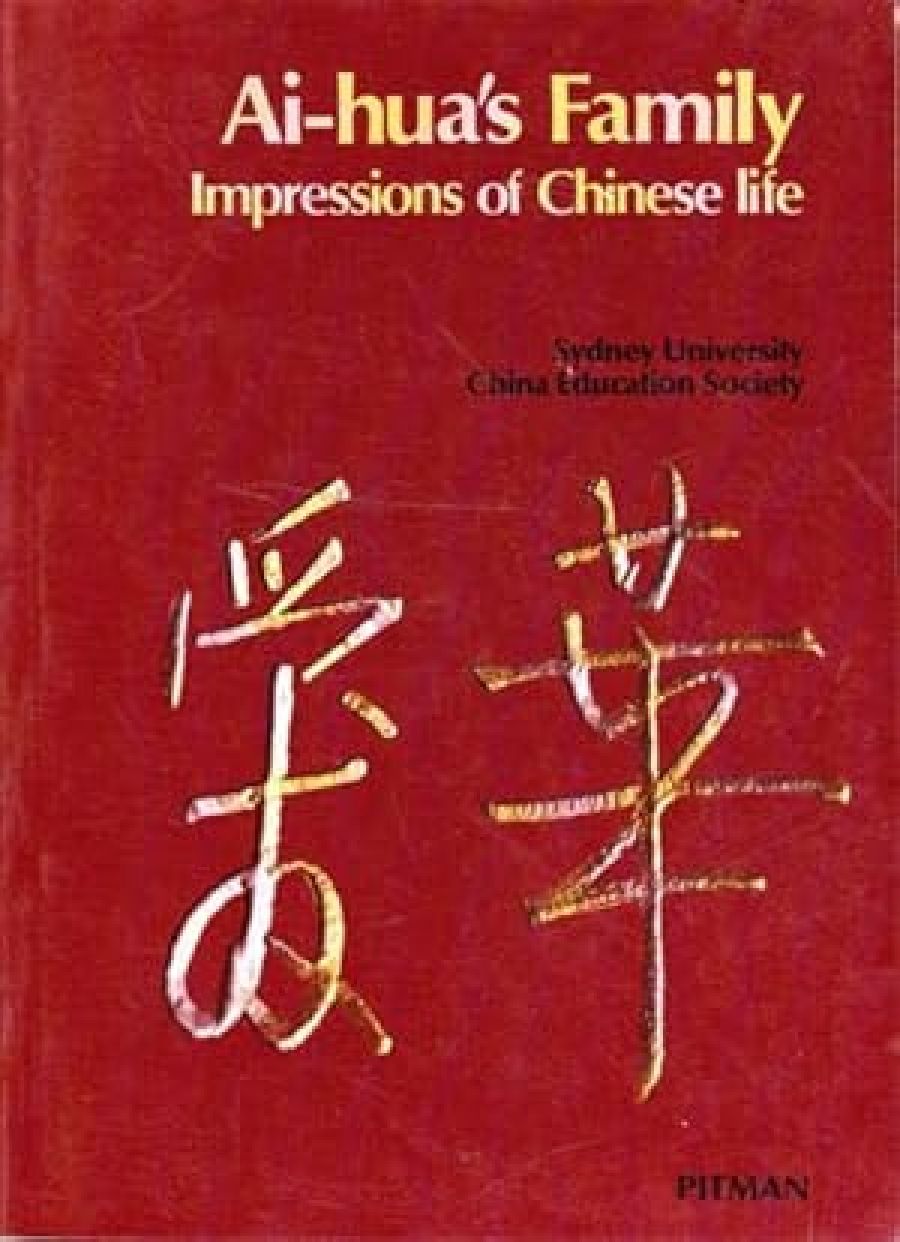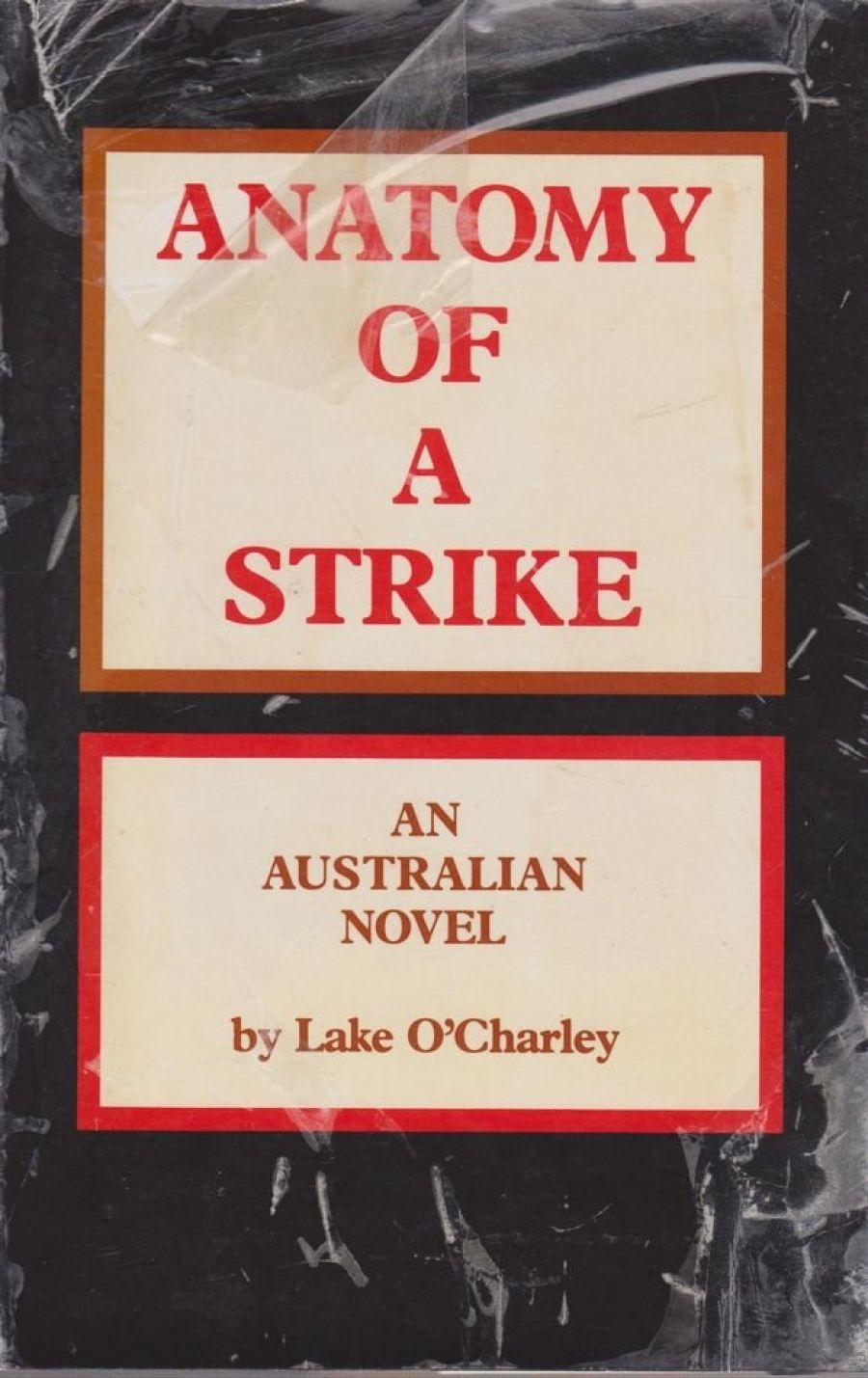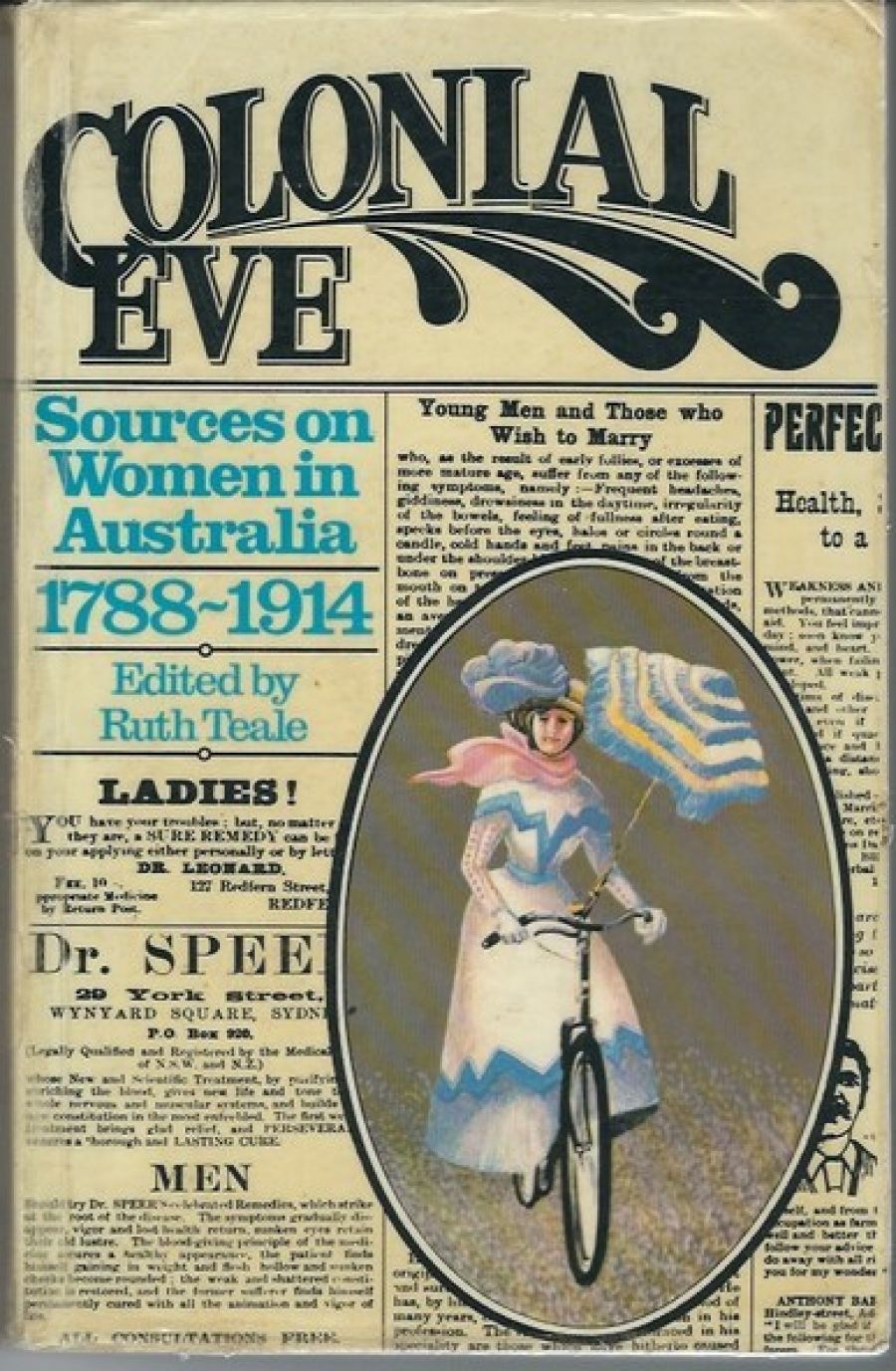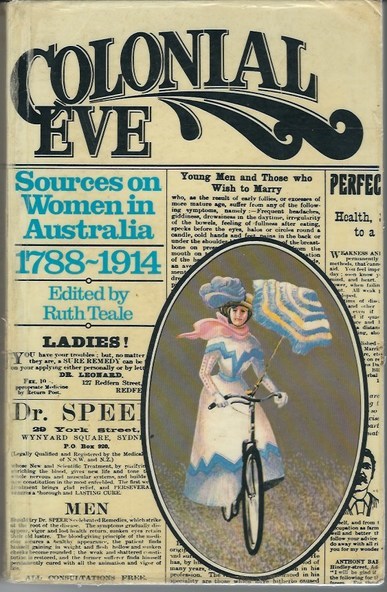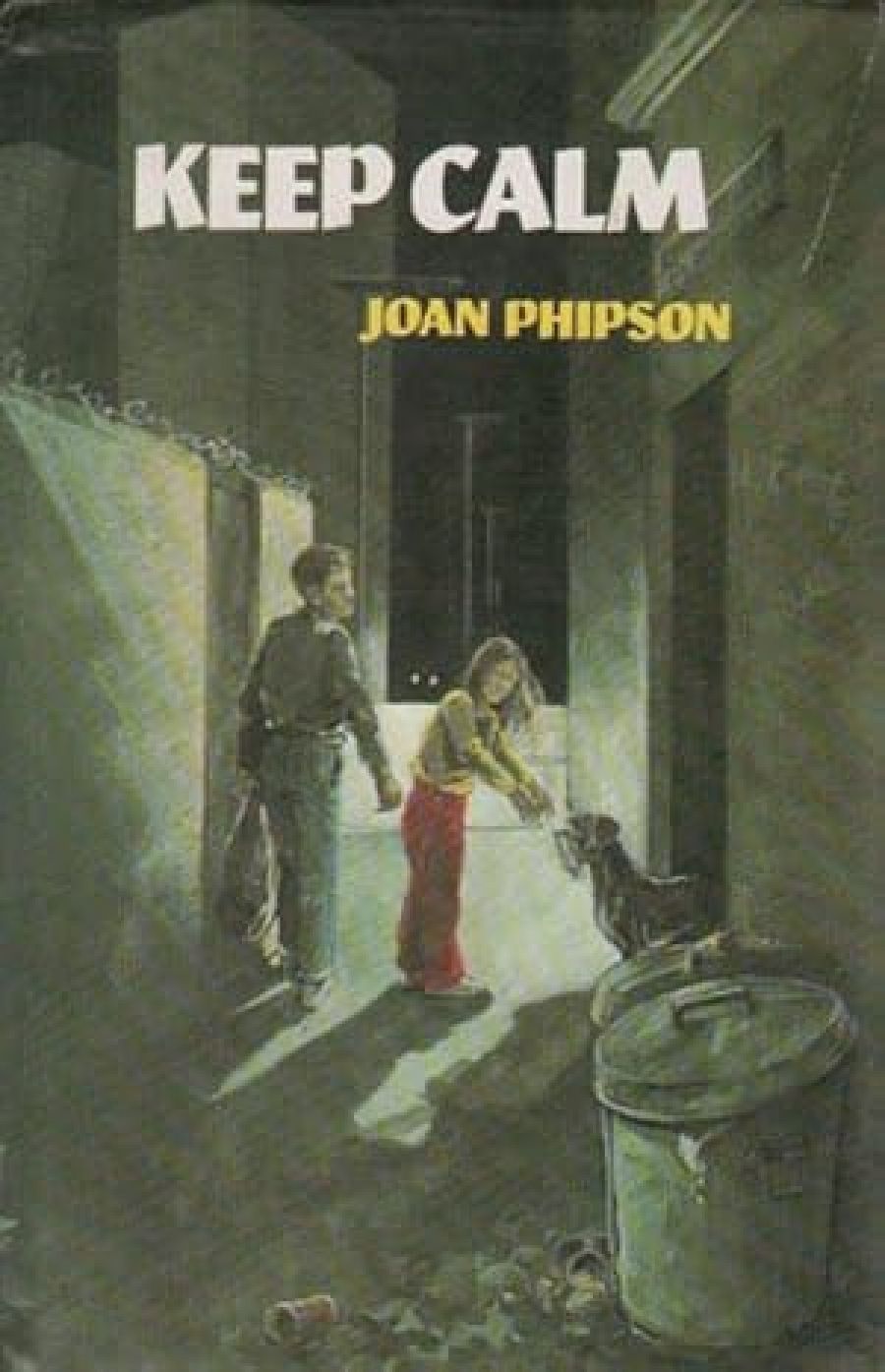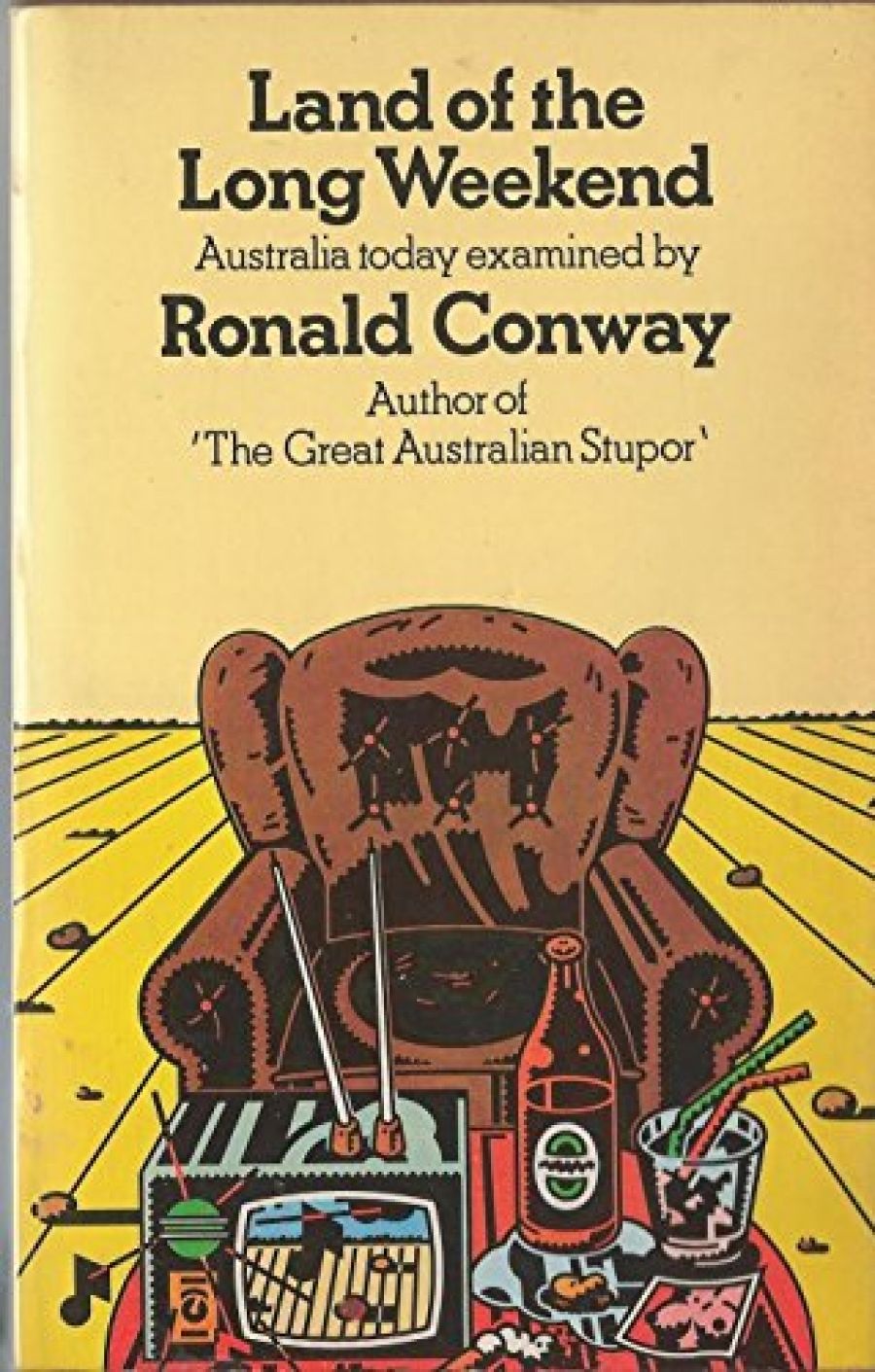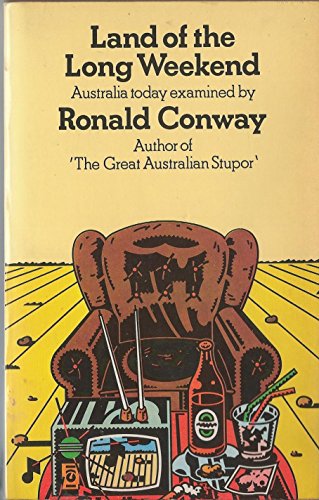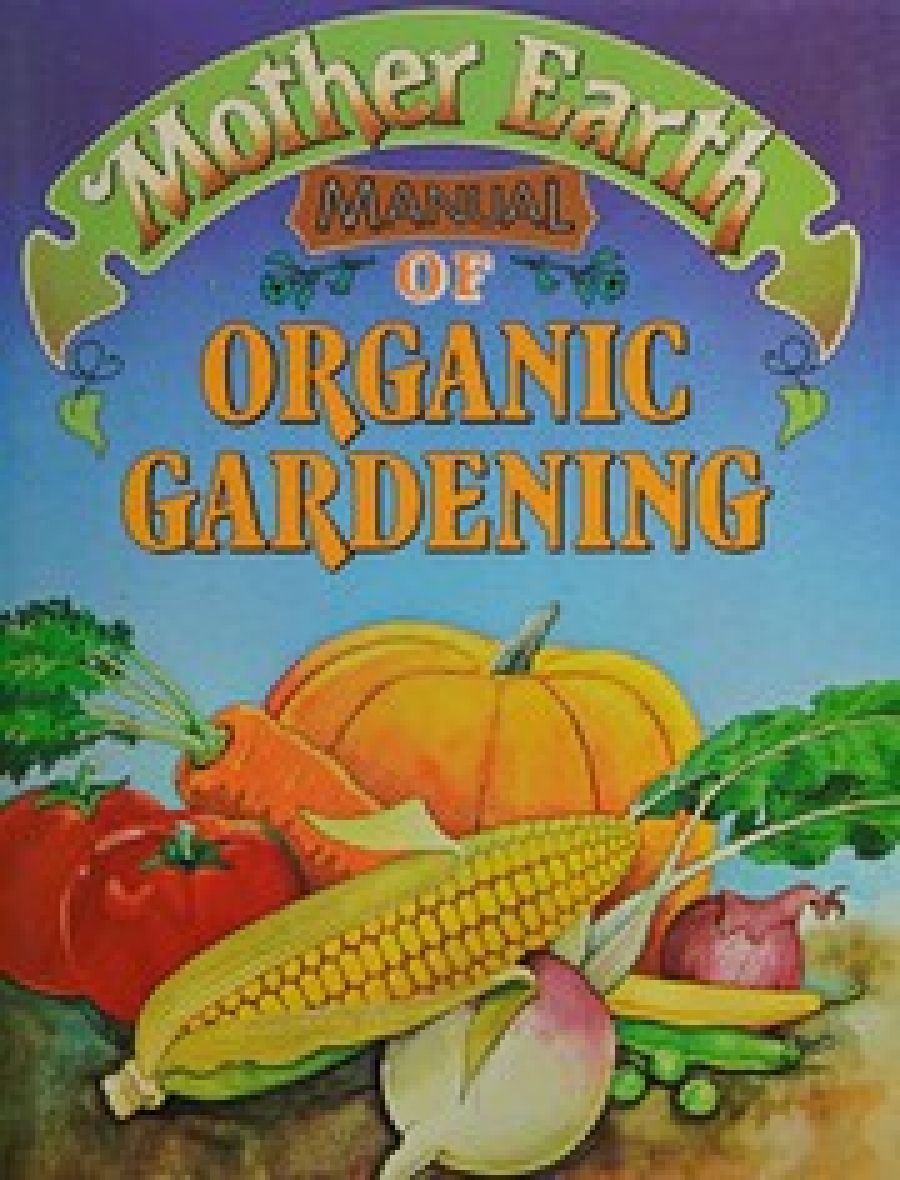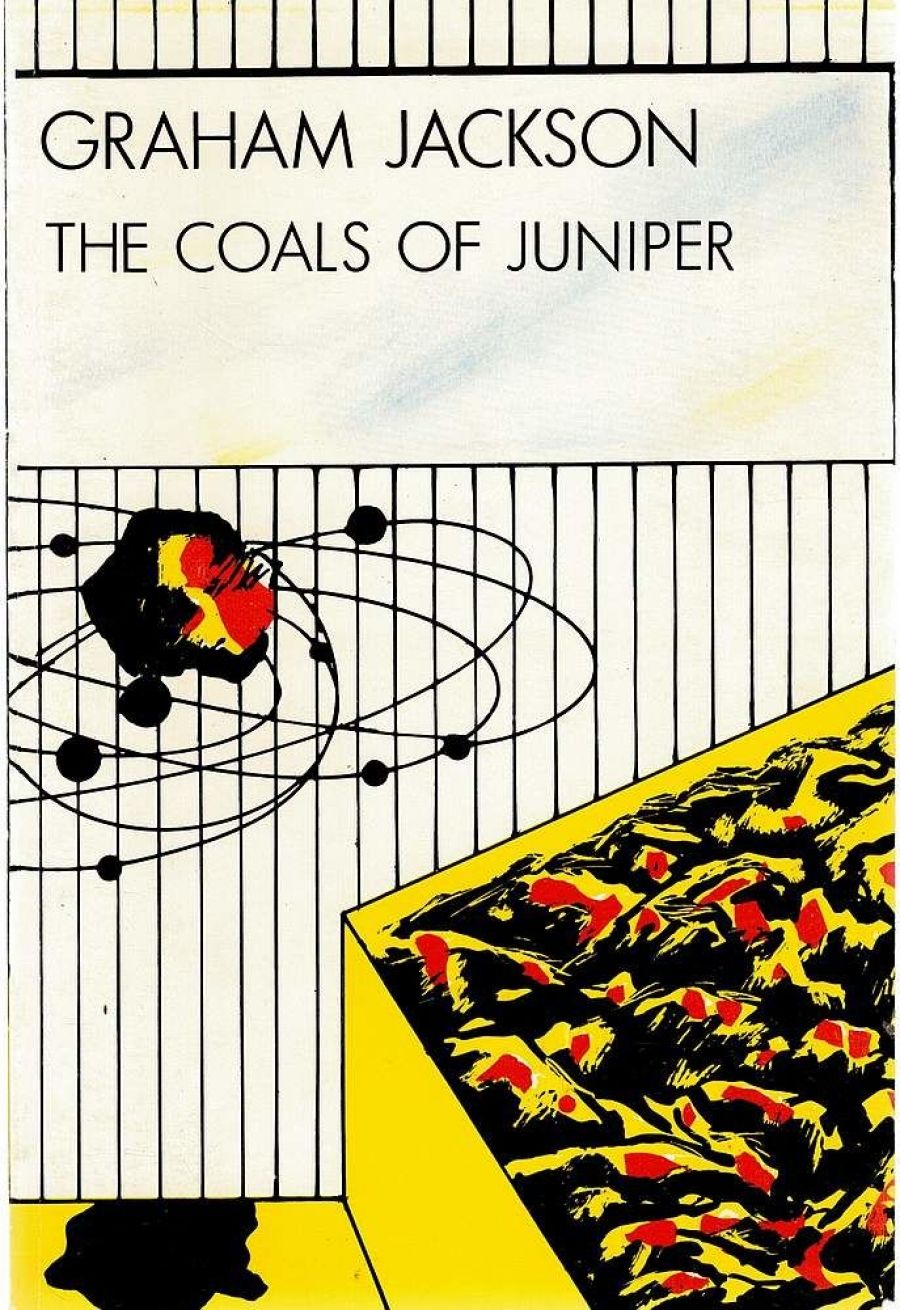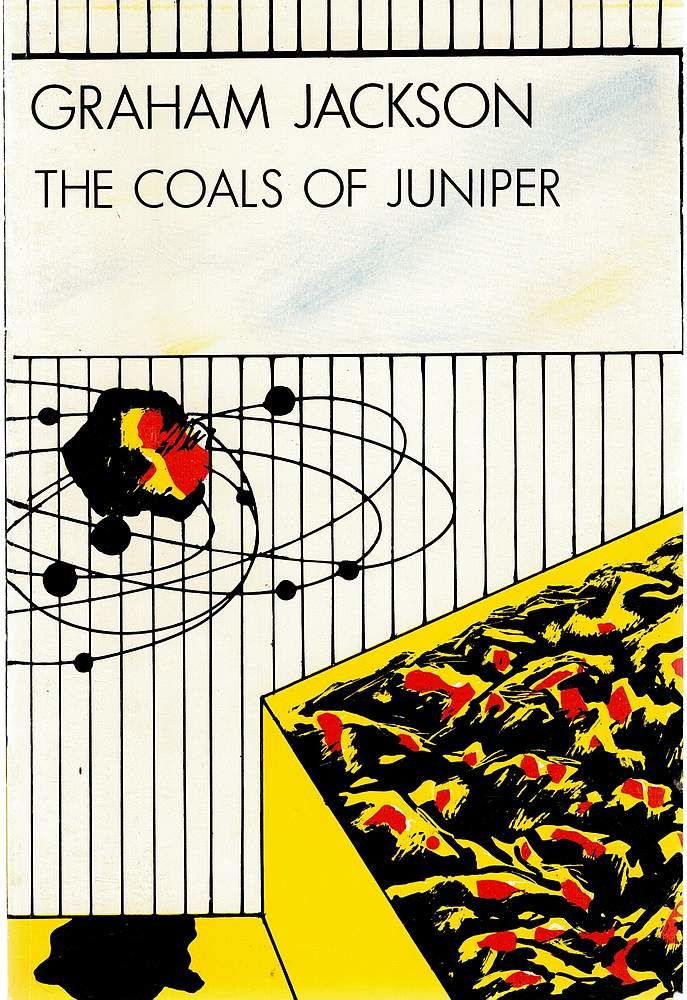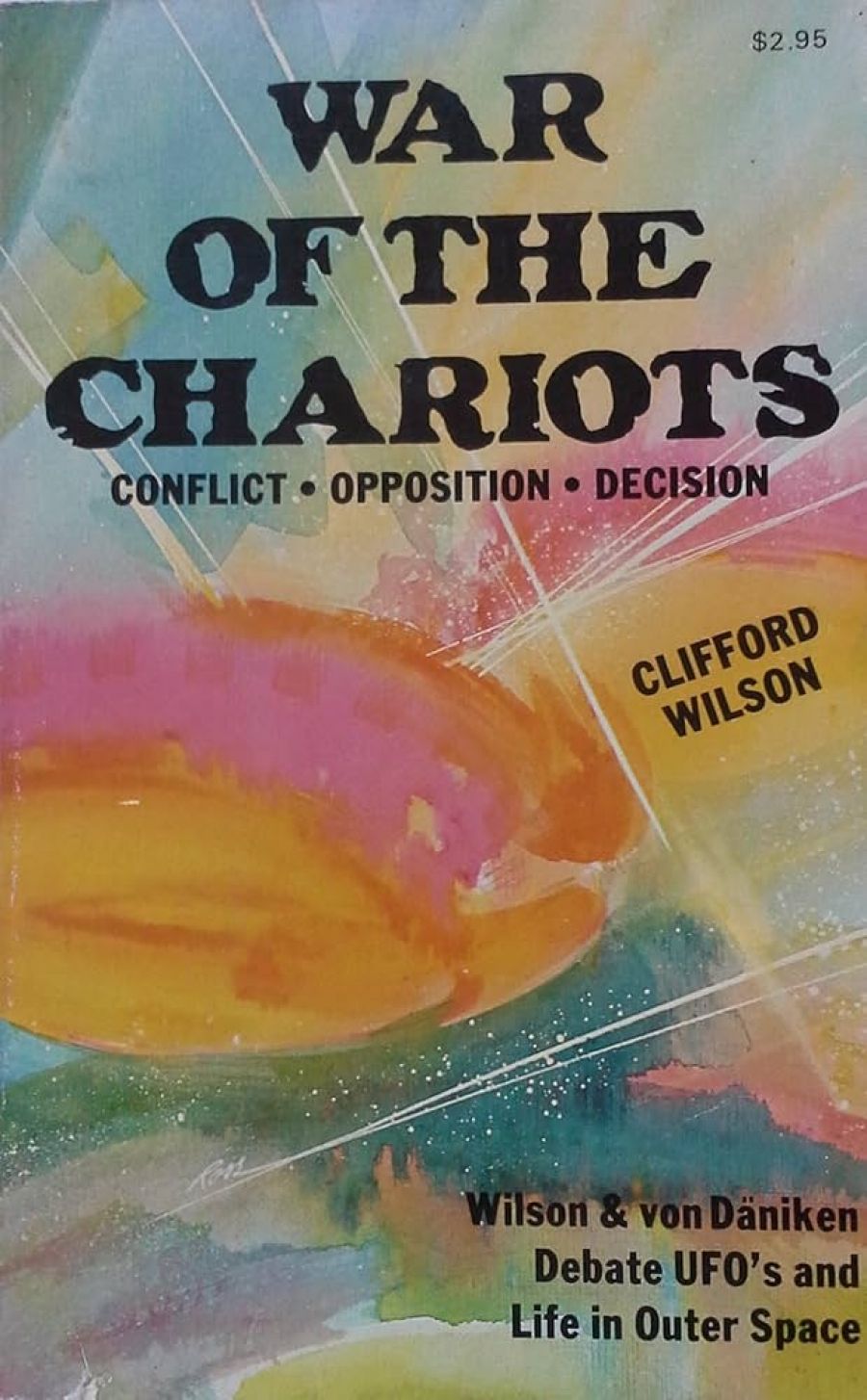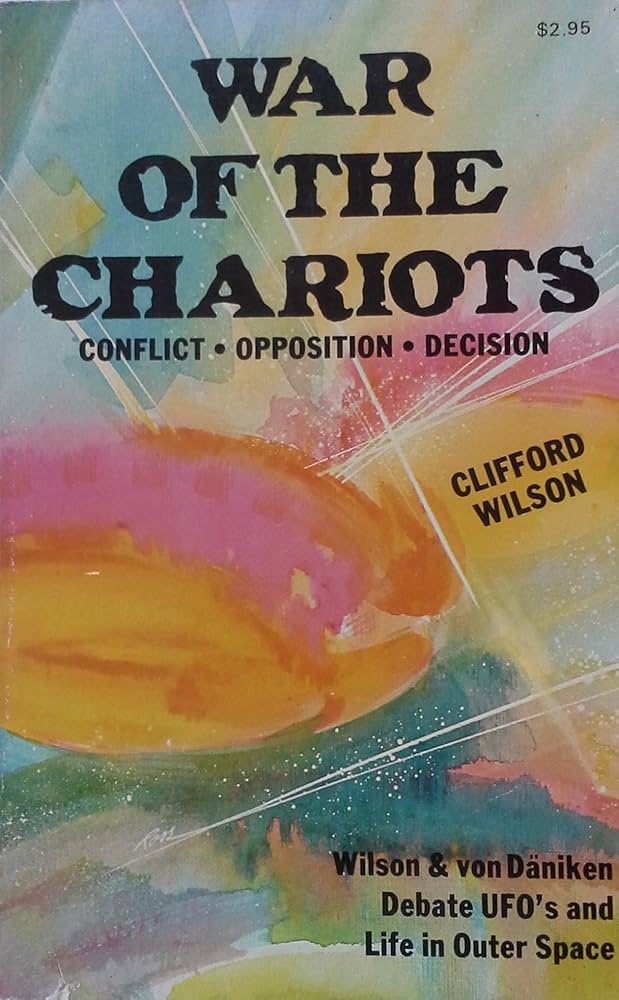Winners 1978
First prize –
$3000, including $500 to the publisher.
Monkey Grip,
by Helen Garner, McPhee Gribble.
Second prize –
$2000, including $250 to the publisher.
Living Black,
by Kein Gilbert, Penguin Australia.
Highly Commended:
Australian Primitive Painters,
by Geoffrey Lehmann,
paintings selected by Charles Blackman, University of Queensland Press.
Ethnic Radio,
by Les A Murray, Angus and Robertson.
Flying Home,
by Morris Lurie, Outback Press.
Pieces for a Glass Piano,
by Gerard Lee, University of Queensland Press.
Swords and Crowns and Rings,
by Ruth Park, Nelson Australia.
Wacvie,
by Faith Bandler, Rigby.
Judges:
Joyce Nicholson, Editor, Australian Bookseller and Publisher.
Anne Summers, Literary Editor National Times.
John McLaren, Editor, Australian Book Review.
Like their predecessors, the judges of the 1978 Awards for Australian Literature have found their task a difficult one. This is not because of any disagreement among themselves, but because of the number and quality of the entries. This year 102 books were submitted by the publishers for consideration, and had the eight titles on our short list been omitted we would still have found difficulty in reducing the numbers of worthy contenders to those which could be included in the short list. Nevertheless, we are satisfied that each of the books included on the list is of high literary merit and has made an important contribution to Australian literature. Each of them would, indeed, have been a distinguished recipient of the award had its competitors not been published. The competition does therefore demonstrate that the level of productivity and creativity in Australian writing is high.
The major criteria that we have used are that the book be in every sense well-made, by writer and publisher, and that it in some way change the way in which we see ourselves. The first book to be considered meets both of these criteria. It is a visually handsome book in which text and art reproductions are so blended as to complement each other. the paintings which are reproduced offer a fresh view of Australia, and the text, based on interviews with the painters, offers a new understanding of art and the artist. Geoffrey Lehmann ‘s interviews with working artists not only tell us about the individual lives of the painters but also amount to a unique oral history of parts of Australian society often overlooked by other writers. The paintings have been well chosen by Charles Blackman, and the production of the book, Australian Primitive Painters, has been beautifully managed by the University of Queensland Press.
There was a particularly strong submission of poetry this year, including impressive first collections by three young poets as well as major new work by established poets. Of these, the one we chose for our final list is distinguished by the liveliness of the language, the control of the form, and the clear authorial voice. The reader can often disagree with the point of view which is expressed, but he cannot mistake it. Its idiosyncrasy arises not from oddity but from the author’s firm commitment to his chosen style of life and the values which arise from it and which are explored as well as declared in his verse. The book includes a major song sequence which has a delightful sense of place and time as well as offering a lengthy meditation on the familiar theme of city people and country ways. Ethnic Radio, by Les A. Murray, published by Angus and Robertson, is a book to delight and enlighten.
The next book on our list is also a work of delight. It is a fine novel about expatriation and the ghosts of past generations and represents what could be called Australian migrant literature. It combines pathos, wit and an appreciation of the binds of family, culture, race and country, with a narrative of a rather ordinary love-affair which attains significance by its implication in the narrator’s search for an authenticity which will reconcile the conflicting demands of family, race, country and nationality. Morris Lurie ‘s Flying Home, published by Outback Press, is both a very funny and a very serious novel. We have chosen the next book not just because it is original in its approach to style plot and characterisation, but because it originality arises from its author’s involvement with his subject matter. The life he describes in his collection of stories is contemporary - mechanical sex, poofter-bashing, hitchhiking, alcohol and other drugs - but the author’s attitude to it is u mixture of both wonder and cynicism. His narrator strives for an engagement of life which he cannot achieve, and yet adopts a stance of cool aloofness which protects him from possible danger. The result is. pathos, humour, a detailed picture of a recognisable world which is still as strange and new as sepia photographs or geometric projections. Some of the stories are as short as one paragraph, and we confess that the meaning of some of these eludes us, but the collection as a whole, Gerard Lee’s Pieces for a Glass Piano, published by the University of Queensland Press, is a witty and exciting contribution to our literature.
Our next book is another novel by a well-established Australian author. This book was, in the traditional sense, one of the best wrought books entered for the awards, with the craftsman’s virtues of strong plot and characterisation, accurate speech rhythms and eloquent prose. These virtues were brought to a story which explored the ways in which society regards moral and physical disabilities, deriding or fearing the one while tolerating the other. Through the exploration of this theme, therefore, the novel becomes also a study of the kind of room that society allows to the individuals of which it is composed, and the extent to which these individuals can shape their own room. Despite some gestures towards the tragic, and a deepening of the surface narrative by calling on the connotations and images of folk lore, the novel is finally resolved romantically, its central characters coming together to work out their own salvation while leaving the wider social problems stated but unresolved. For its exploration of courage alone, apart from its other qualities, Ruth Park’s Swords and Crowns and Rings, published by Nelson (Australia), earns high commendation.
Our next book is also a novel, but by a writer who is already well-known for her political activity in the cause of racial justice. Although a work of fiction, and one which succeeds as such, the book is also valuable for the light it sheds on Australia’s exploitation of Pacific Island labor [sic] in slave conditions on sugar plantations in the nineteenth century. The book is neither a horror story nor an indictment, but a careful and loving recreation of the author’s past through the life of her grandfather, both on his island home and in Queensland. The novel is centred on his life, his aspirations and his friendships, thus providing a positive standard for its implicit moral evaluations. Although the book is uneven in style, we found that it was compelling reading and important for its pioneering of a new tradition of ‘slave literature’ in Australia. While all of us are familiar with the terrible history of the Atlantic slave trade: our own history, which is disturbingly similar, is almost unknown. Faith Bandler’s Wacvie, published by Rigby, helps to restore the balance.
We come now to the winner of the second prize in this year’s contest. This, you will remember, is for a book which, in the opinion of the judges, is of the highest literary merit in a category other than that of the book winning first prize. One of the strongest qualities of this particular book, however, is precisely the way in which it exploits its particular genre of reportage to shape people’s experience to bring out its underlying significance and make this accessible to a wider public. The book is both a work of art and an important social document which allows white Australians to hear, for the first time, the voices of Aboriginal Australians describing, on their own terms, the way in which they live in a white society. Blacks from the city, the country and the outback talk simply and starkly in a book which is both poignant and shocking in the way it lays out the hopelessness, courage, determination and fortitude of Blacks in Australia today. Its strength is its honesty, its refusal to pander to social niceties, to what white, and many black, Australians would prefer to hear. Through it comes constantly the demand for the right to assert their identity, based on the land and free from either paternalist control or legalistic restriction. Kevin Gilbert, the author and compiler, the people whose words he has collected and set down, and Penguin Australia, the publishers, have done us all a service with the book, Living Black.
Finally, then, we have the winner of the first prize in the 1978 National Book Council Awards for Australian Literature. This book was neither an easy nor an early choice. Its subject matter – heroin addiction, inner-city communal living and obsessive love – has been criticised and even regarded as distasteful by some reviewers, and did arouse some resistance among the judges. Although the book deals with an area of Australian life which is important in its own right, and although it speaks for an Australian sub-culture whose voice is often ignored by the mainstream culture, there was some feeling that it merely represented a fashionable rejection of traditional standards and ways of living. The central character is superbly realised in her hesitances [sic] and enthusiasms, but perhaps the lack of definition in the other characters, their tendency to disappear into a shabby mass, offers too little resistance to the narrator’s attempt both to maintain her authenticity and to sustain a love affair which she knows is as doomed as it is imperative.
Yet the book itself destroys these doubts. It is in fact beautifully constructed, its theme enunciated on the first page, where the narrator falls in love with ‘our friend Javo, the bludger, just back from getting off the dope in Hobart ... burnt skin and scarred nose and violently blue eyes’. Plot and theme are contained in this sentence, yet their unfolding is as beautiful and hopeless as it is inevitable.
The positive qualities that the characters aspire to are clearly enunciated for all that they are rarely achieved, but for no-one in the book there is any turning back to an abandoned security ... ‘not one of us would ever have a life that simple, because we were already too far off the track to think about turning back’. The track they are off is not just tradition or respectability, but every kind of convention. They want to make the world again, but are too mixed up with drugs, feelings, human weakness and ideology. As the narrator remarks of one of her friends’ lovers, ‘His determined constancy in loving both Angela and Paddy, while living with neither, was no less painful for being ideologically impeccable’. Feelings and ideas do get mixed up, but these people are determined to live the solutions out for themselves.
The author is not illusioned, but utterly honest in facing the dilemmas of freedom, and particularly of social and sexual freedom for women trying to create for themselves a role which will recognise their full humanity. Helen Garner, the author, in choosing the title Monkey Grip for her novel, published by McPhee Gribble, focusses the power of the outside forces which clutch her people, but her novel also shows the strength with which they contend with these forces to build something for themselves.
